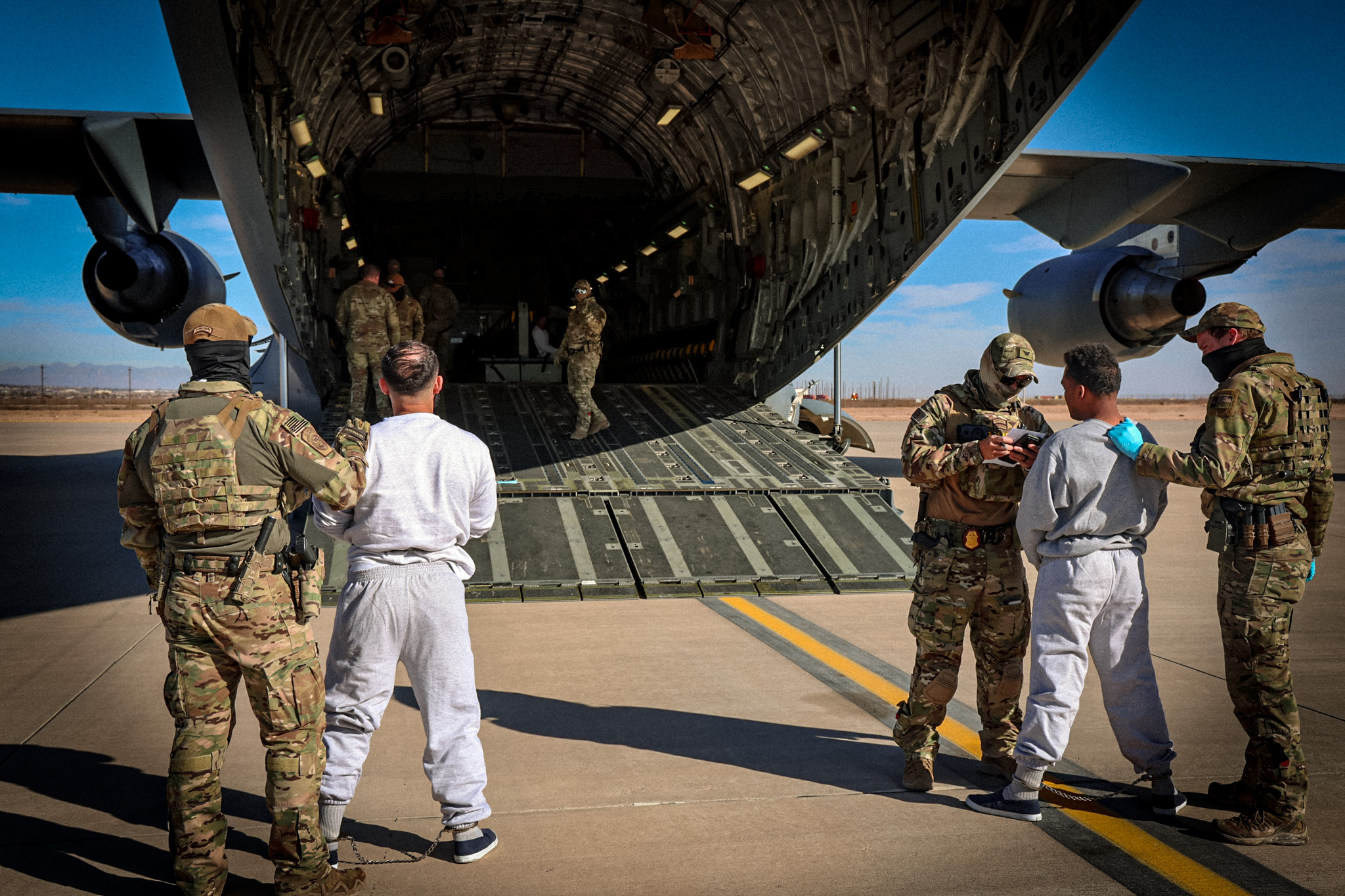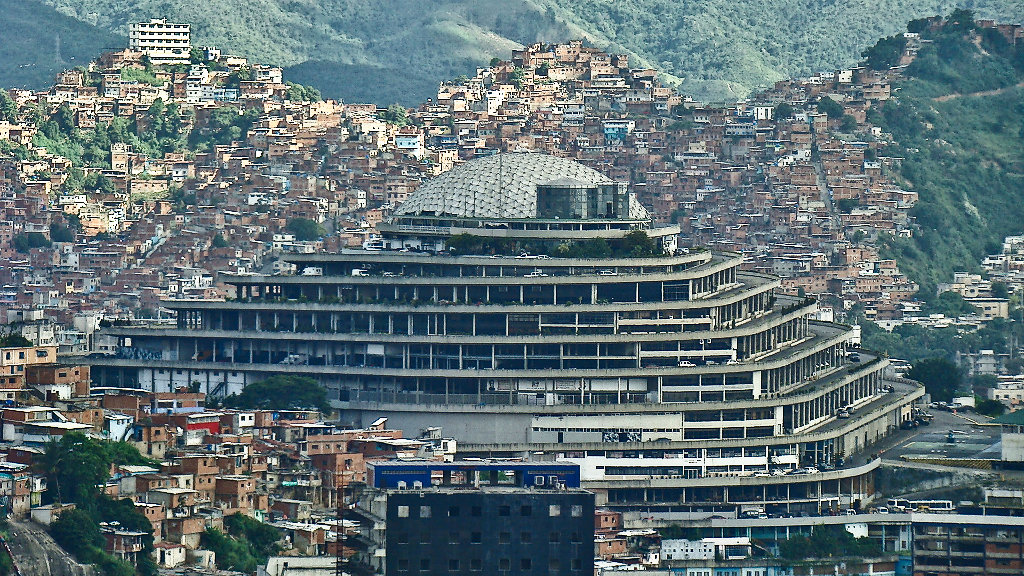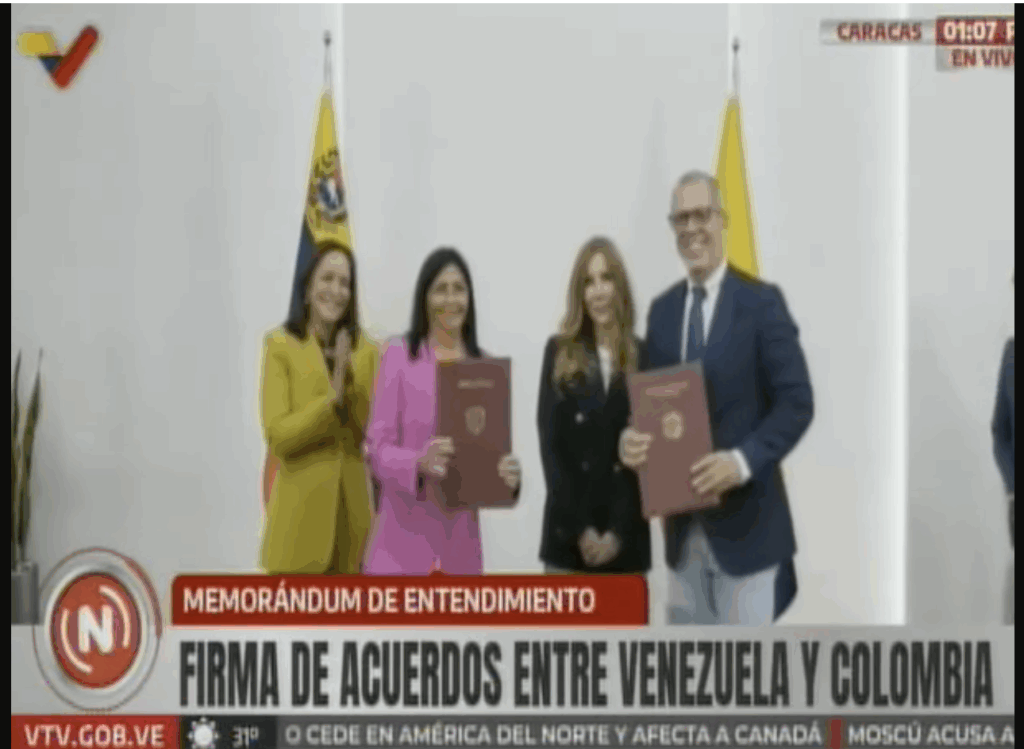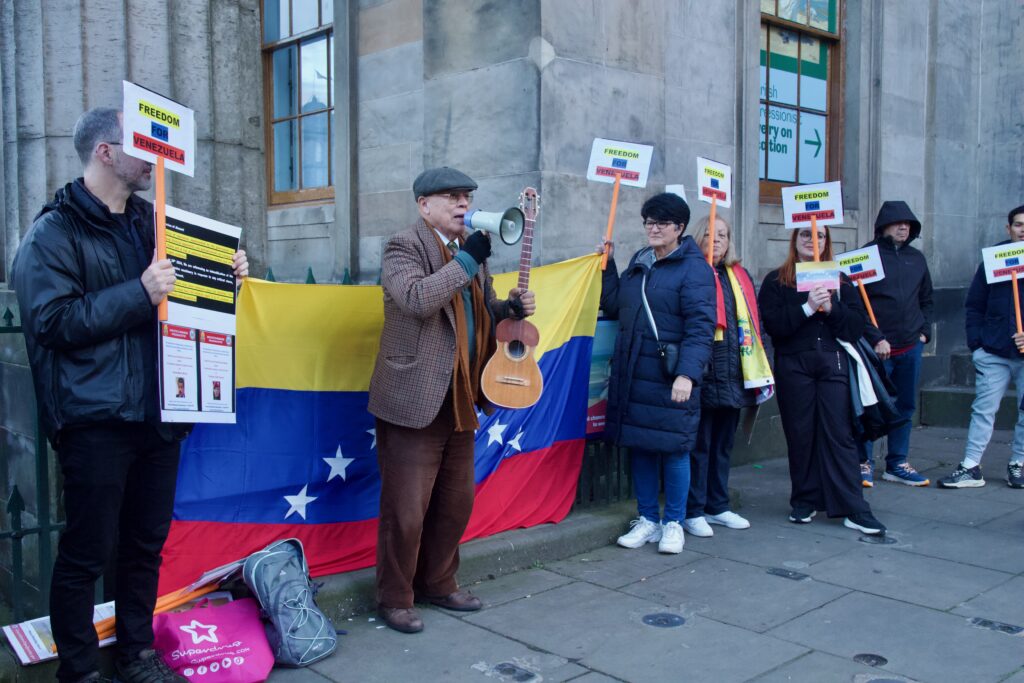Bogotá, Colombia – Tren de Aragua, a loosely structured transnational gang from Venezuela, came to the attention of many Americans in February after President Donald Trump’s administration designated it a Foreign Terrorist Organization (FTO).
The group has largely been associated in recent weeks with a controversial wave of deportations of Venezuelan migrants from the United States to El Salvador.
Trump first set his sights on the group after media reports last August that members of the gang controlled apartment blocks in Aurora, terrorizing residents in the Colorado suburb. He later proposed to oversee an ‘Operation Aurora’ that would expel illegal immigrants from the country in the name of the city.
By designating the group a terrorist organization, the White House was able to invoke the 1798 Alien Enemies Act, which grants the government wartime powers to deport people considered a threat to national security.
Trump argued that Tren de Aragua was an extension of the Maduro government and can therefore be considered a foreign enemy.
But Phil Gunson, Crisis Group’s Senior Andes Analyst, cast doubt over whether the gang really poses a threat to the U.S..
Based in Caracas, Gunson worked on a recent Q&A explaining Tren de Aragua’s origins and the policy implications of Trump’s use of the 1798 act.
“What’s happening is that the Tren de Aragua is being used as a pretext for what amounts to an anti-immigrant policy, which goes way beyond any idea of keeping U.S. borders secure or maintaining U.S. citizens safe,” Gunson told Latin America Reports.
He explained that the group does not pose a national security threat to the U.S. and questioned its purported links to the Nicolas Maduro regime.
Instead, Gunson described the group as a criminal organization engaged in illicit activities like kidnapping, extortion and contract killings across the Americas.
He explained that they have earned a reputation due to their tactics of extreme violence, which help them to extort people and businesses.
This violent brand even appears to have been franchised, according to Gunson. In Chile, criminals use the Tren de Aragua name, associated with ruthless tactics, to instill fear and facilitate extortion.
As Gunson highlights, “it’s hard to imagine criminal groups using the name without permission,” suggesting they pay the Venezuelan gang to operate under the Tren de Aragua brand.
But Gunson also noted that the nature and extent of their organization, especially across borders, is far from clear.
“It’s all very murky because it’s spread across a number of different jurisdictions which don’t always collaborate with one another… we don’t know how loosely or tightly organized they are,” explained the analyst.
Nevertheless, Gunson said there is no evidence that the group has an organized structure in the United States.
He also noted that the Tren de Aragua does not pose a threat to national security in any countries where it is present, especially compared to larger criminal organizations like armed rebel groups in Colombia or Mexican drug cartels.
“It’s not even clear… how much of a common thread there is between, say, what might happen in the United States, what might happen in Chile, even the size, the extent of the organization,” said Gunson.
He said the only confirmed link between gang members operating under the Tren de Aragua name in different countries is their use of extreme violence.
It is these tactics that have made them a popular target for governments across the region who want to seem tough on crime, according to Gunson.
But the analyst maintains that Trump’s characterization of the gang as a national security threat is far-fetched.
“The idea that this is a terrorist organization is simply lacking in any kind of factual substantiation,” added Gunson.
Featured image description: Tren de Aragua members being deported from the United States.
Featured image credit: @DHSgov via X.











